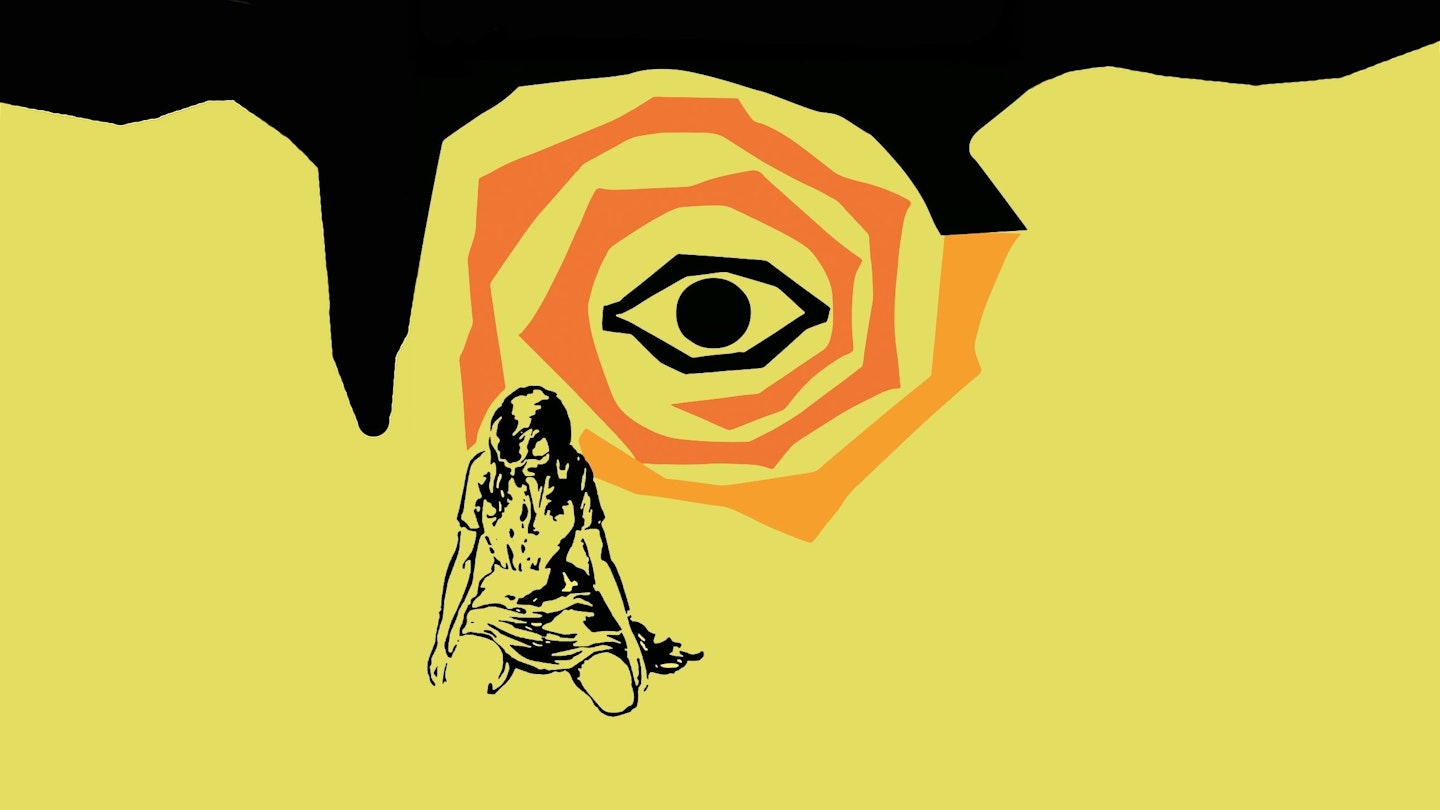Delighted by the furore created by Viridiana, Luis Buñuel embarked on this defiantly indecipherable satire, which was based on an idea he had harboured since 1940 and which had informed the unrealised short, The Castaways of Calle Providencia. However, it also bore the influence of Alain Resnais's Last Year at Marienbad, as it not only entrapped some bored bourgeois in a stylised setting, but also used repetition to disrupt the temporal flow and confuse the narrative logic.
Yet, as Buñuel insisted during the press conferences he gave around its release, this was a film that defied explanation and could best be defined as an accumulation of the images and ideas that had preoccupied and amused him since he'd created his Surrealist masterpieces, Un Chien Andalou and L'Age d'Or.
Certainly no attempt is made to explain why the guests prove incapable of leaving the drawing room, even though it's apparent to most of them that they are deteriorating mentally, physically and socially at an alarming rate. Russell (Bravo) dies and is crammed into the same cupboard as the suicidal lovers, Eduardo (Masse) and Beatriz (Montesco), while incestuous siblings Francisco (Loya) and Juana (Guilmain) steal morphine from a terminally ill companion, and Ana (Haro Oliva) goes into a trance and begins summoning demons. Besides such behaviour, urinating in urns, bashing holes in the wall to get at the water pipes and eating the sheep driven into the room by a bear acquired by Nobile (Rambal) the host for a post-prandial ruse seems positively normal.
Buñuel's intention is clearly to erode the veneer of civility that keeps the bourgeoisie from imploding and show how the very status, etiquette and ritual upon which their complacent privilege rests isolates them from the remainder of society and reduces them to inertia. But he's also keen to reveal both the bestial instincts that lurk beneath their smug sophistication and their inability to learn from their experiences, as the action closes with the survivors being unable to leave the local cathedral, while a riot erupts outside.
